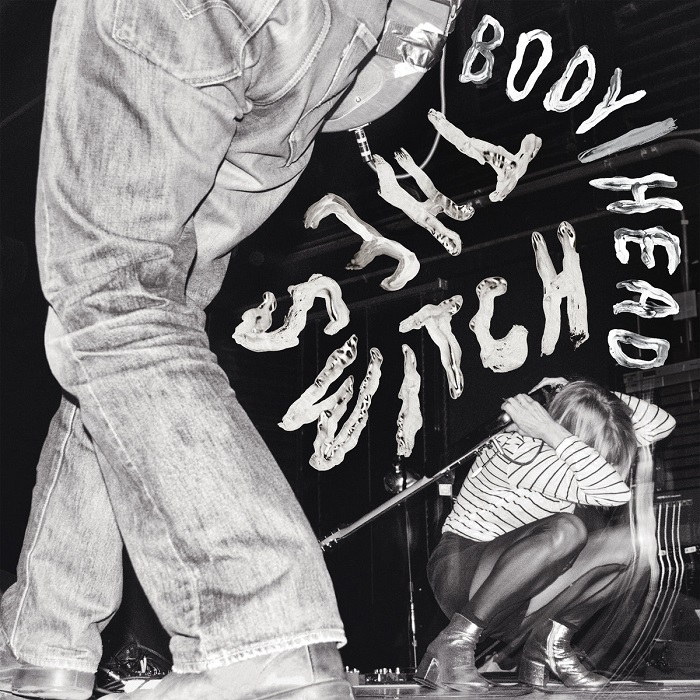If Body/Head’s Coming Apart reduced avant-rock to a volatile, spewing magma, then The Switch is freer still, both wraith-like and earthbound. They’re a collaboration between two musical juggernauts, Kim Gordon and Bill Nace.
Gordon is one of those vital, widely known figures that sheds light on the peculiar growths that emerge outside of public gaze. With Sonic Youth and beyond Gordon invited the listener to venture down the underground rabbit hole, discovering all manner of freakish anomalies as they went – from free jazz to Harry Pussy. Nace has also skirted away from the restrictions of wholesome taste, taking part in fierce collaborations with the likes of Samara Lubelski and Aaron Dilloway.
Together, they have stumbled upon some magickal, alchemal brew; a hardened, modern psychedelia. This is psychedelia stretched the fuck out, guitar-tone-trickery alone as the source of transcendence. The Switch makes composition out of rock’s reverberation, all echo, shade, and light. It’s a kind of fuzz-box sorcery.
Aside from Gordon’s monotone delivery, that is all that comprises this long form piece, split up into five tracks that bleed seamlessly into one another. ‘Last Time’ is defined by battered twang, a surrealist Americana. ‘You Don’t Need’, meanwhile, applies Aaron Dilloway-esque tape abstraction to rock-guitar foundations. This is a smeared record, one that finds influence in what lies beyond the macho thrust of rock and roll.
Its last two tracks are conscience obliterators – one aptly titled ‘Change My Brain’. The band have discussed how integral an influence Twin Peaks: The Return was on the new record, and with this dual finale, Body/Head surrender wholly to Twin Peaks dream logic. They are tracks that jam the receptors, push further and further outwards.
The Switch confirms Body/Head as the best post-Sonic Youth project by a country mile, but to merely classify them as an afterthought of that group does them a great disservice. They are their own, living, breathing, organism, and on the The Switch, the telepathy blurs distinction between Gordon and Nace, equally as it does between body and head.


